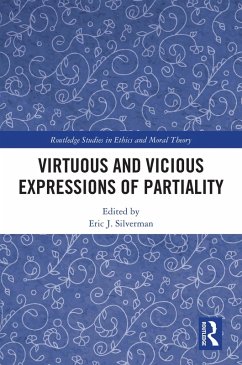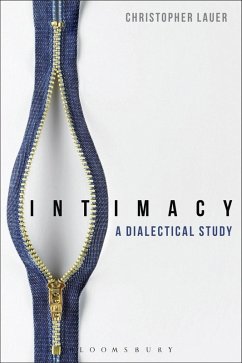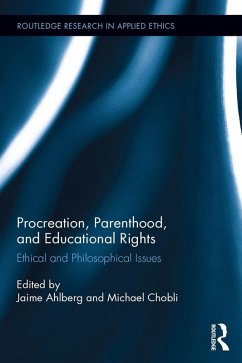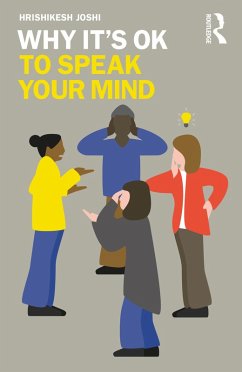
Virtuous Emotions (eBook, ePUB)
Versandkostenfrei!
Sofort per Download lieferbar
28,95 €
inkl. MwSt.
Weitere Ausgaben:

PAYBACK Punkte
14 °P sammeln!
Many people are drawn towards virtue ethics because of the central place it gives to emotions in the good life. Yet it may seem odd to evaluate emotions as virtuous or non-virtuous, for how can we be held responsible for those powerful feelings that simply engulf us? And how can education help us to manage our emotional lives? The aim of this book is to offer readers a new Aristotelian analysis and moral justification of a number of emotions that Aristotle did not mention (awe, grief, and jealousy), or relegated, at best, to the level of the semi-virtuous (shame), or made disparaging remarks a...
Many people are drawn towards virtue ethics because of the central place it gives to emotions in the good life. Yet it may seem odd to evaluate emotions as virtuous or non-virtuous, for how can we be held responsible for those powerful feelings that simply engulf us? And how can education help us to manage our emotional lives? The aim of this book is to offer readers a new Aristotelian analysis and moral justification of a number of emotions that Aristotle did not mention (awe, grief, and jealousy), or relegated, at best, to the level of the semi-virtuous (shame), or made disparaging remarks about (gratitude), or rejected explicitly (pity, understood as pain at another person's deserved bad fortune). Kristján Kristjánsson argues that there are good Aristotelian reasons for understanding those emotions either as virtuous or as indirectly conducive to virtue. Virtuous Emotions begins with an overview of Aristotle's ideas on the nature of emotions and of emotional value, and concludes with an account of Aristotelian emotion education.
Dieser Download kann aus rechtlichen Gründen nur mit Rechnungsadresse in A, B, BG, CY, CZ, D, DK, EW, E, FIN, F, GR, HR, H, IRL, I, LT, L, LR, M, NL, PL, P, R, S, SLO, SK ausgeliefert werden.













